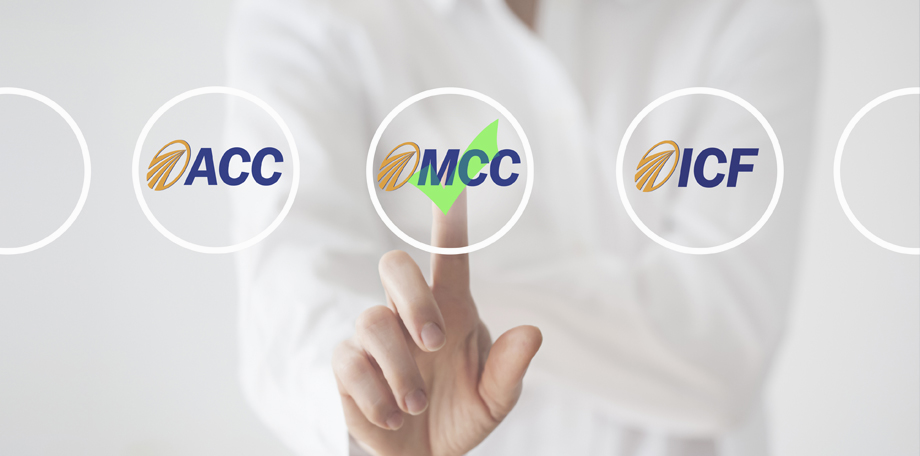Even after 20 years of executive coaching, I’m still surprised by how many companies gloss over — or neglect to ask — some of the most crucial and fundamental questions when vetting and hiring an executive coach.

Of course, price, length of the coaching engagement and years of coaching experience are all important to consider during the evaluation process, but the true measure of a coach’s ability lies deeper. Below are six essential factors that separate quality coaches from the rest:
- Robust qualifications. Unlike fields such as psychiatry or social work, coaching is an unregulated industry — which means that anyone can call themselves an executive coach. You will find a wide range when it comes to their qualifications — from those who rely solely on their previous business or consulting experience, to those who have taken a few weekend coaching seminars, to coaches with extensive experience and training.
When evaluating a coach’s qualifications, look for these four criteria:
- Experience: To successfully relate to and support an executive in their role and goals, a coach should have both corporate leadership experience and executive coaching experience. Someone who has spent considerable time in a high-level position will better understand the structure, politics and environment in which the executive and their leadership team operate. And in addition to asking how many years they’ve coached, also inquire as to the number of executives they have coached during that time (they may have been coaching for 10 years, but only had 8 clients).
- Training: Not all coaching programs are created alike. When selecting an executive coach, look for someone who has earned their certification from an established, well-respected, credentialed program that is at least nine months in length.
- Credentials: Keep an eye out for credentials awarded through the International Coach Federation (one of the most respected coaching organizations in the world): Associate Certified Coach (ACC), Professional Certified Coach (PCC) and Master Certified Coach (MCC). MCC — the highest credential with the most rigorous standards — requires at least 2,500 hours of coaching experience with a minimum of 35 clients. But when assessing any coaching credential, consider the hands-on experience, training and education required to receive it — the more intensive, the better.
- Psychology background: While not necessary, psychology training provides a coach with a deeper understanding of human behavior and interaction. Drawing on this background, they can help the executive better understand their leadership style, how their actions and demeanor affect others, and how to develop new behaviors that benefit their organization.
2. The coach’s methodology. Ask the coach to explain their methodology and how they developed it, being wary of any signs of an off-the-shelf, one-size-fits-all approach. The best methodologies are thoughtfully developed over time and through experience, adaptive (not reliant on one particular set of tools or techniques) and informed by new and emerging research. Prior to being hired, the coach should be willing to spend the time to understand and clarify the organization’s desired results from the coaching engagement in order to determine if they are realistic and appropriate. The coach should also be able to explain the new skills and behaviors the executive will develop through coaching, and how they will be supported in applying them to their work environment.
3. The coach’s philosophy. During your initial conversation with the coach, listen for clues that their philosophy aligns well with your company’s needs, goals, values and culture. This can be a “gut feeling,” but you’ll also want clear signs that the coach is a good match, such as a commitment to ethical coaching practices, and goals that the executive is inspired to work toward.
4. The metrics the coach uses. Organizations measure what matters and the same should hold true in coaching. In my experience, the toughest — and best — metrics to evaluate an executive’s performance improvement focus on shifting others’ perception of the executive. When change happens, the executive demonstrates this change before it registers with others. Therefore, others’ acknowledgement of improvement is the ultimate testament.
To successfully implement these metrics, a coach will need to establish a baseline of stakeholder perception at the very beginning of the engagement. To do so, they should conduct 360-degree interviews with the executive’s co-workers (e.g., their boss, colleagues and direct reports), asking detailed quantitative and qualitative questions about the executive.
Then, near the end of the engagement, the coach should re-interview the stakeholders, asking the exact same questions in order to evaluate the changes in their responses. These results will powerfully demonstrate the executive’s performance improvement, as well as the effectiveness of the coaching.
5. Frequency of sessions. It’s not enough to ask about the length of the coaching engagement — also consider how often sessions will occur. For example, during a six-month engagement, some coaches will meet with the executive monthly, while others will meet with them a few times during the first month and then “as needed” during the remainder.
In my own experience and through many years of testing different time frames, I have found that meeting weekly yields the greatest returns in terms of change. It offers time for reflection and application of learning between sessions, while maintaining the momentum of our work together.
6. Personality fit. For the coaching to be as effective as possible, the executive needs to feel comfortable sharing and discussing information that is, at times, very personal. Prior to hiring a coach, it’s in the company’s best interests to allow the executive and coach to meet in order to determine if they are a good personality fit. The executive may prefer someone who is more serious and direct; who has a gentler, more reassuring approach; or who has a similar sense of humor to their own.
Learn how our executive coaching services can dramatically improve your leaders’ performance and results.




